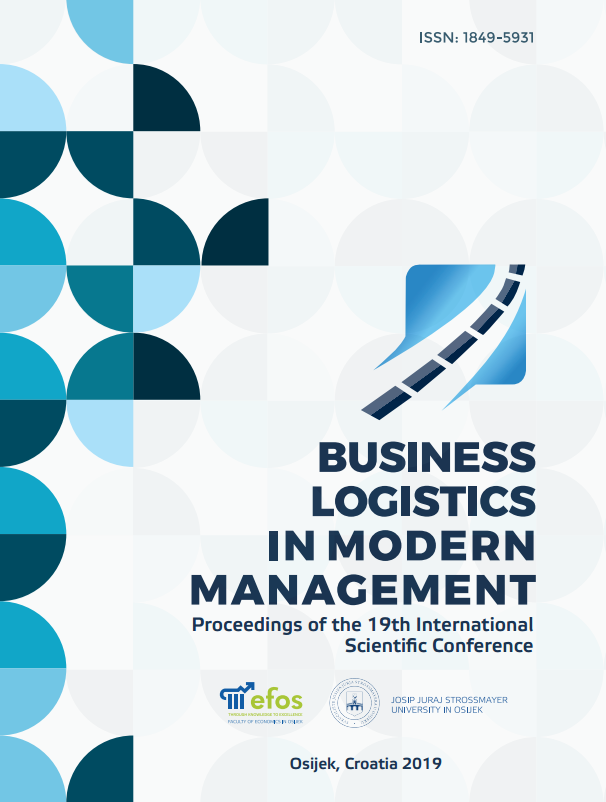TOWARDS INCREASED LOGISTICS EFFICIENCY BY MEANS OF KNOWLEDGE MANAGEMENT
Abstract
While in the industrial age the competitiveness of a business entity was typically correlated with its productivity, in the information age, also known as the knowledge age, it is correlated with the efficiency with which information and knowledge are used. In this context, information represents a dynamic interpretation and understanding of the relationship between time-dependent datasets, while knowledge comprises relatively timeless data or information, i.e. data that enables one to understand specific situations. Due to the significance of information and knowledge in the modern era, it is important for a business entity to manage not only its material resources, but also information and knowledge. One of the business processes where information and knowledge management is an essential factor in achieving efficiency is logistics. Today, the collection and use of information is in the domain of relatively high-quality information systems that enable the efficient management of logistics chains. Thus, it may be said that the efficiency of logistics chain management is proportional to the quality of the information system that manages information relating to logistical processes. On the other hand, if the efficiency of logistics in a business entity is proportional not only to the efficiency of information management, but also to the efficiency of knowledge management, the question arises as to which systems are used for knowledge management in the age of information and knowledge. While information management systems are highly developed and widely used, knowledge management systems are still in their infancy. It is a fact that, to an extent, information systems are used for knowledge management; however, they represent only one segment of knowledge management. Thus, when it comes to logistics it is essential to consider and develop, in the form of an application model, a portfolio of programme-type tools that need to be interpolated and used in a modern business entity with the aim of increasing the efficiency of logistics by means of knowledge management.

